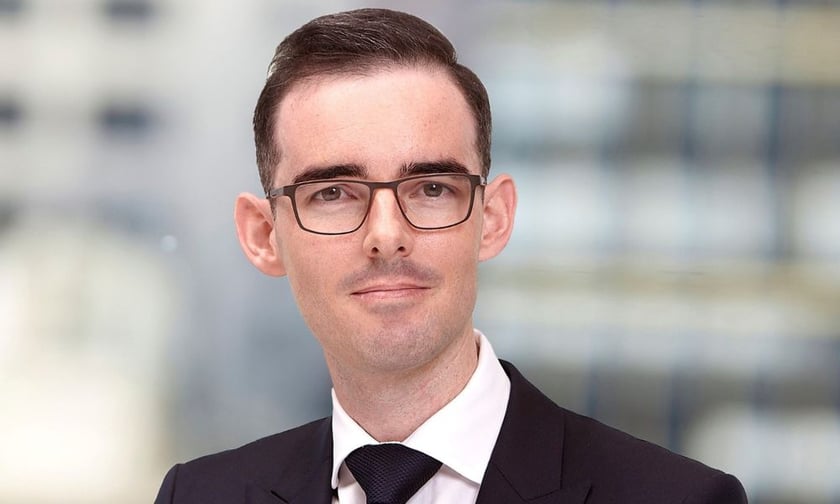

Insurance industry stakeholders say claims farming, a legal activity in most states, is increasing the number of historical sexual abuse cases being reopened. The result can lead to significant financial burdens on government agencies, care providers and insurance firms.
“We're not seeing a gradual uptick, we're seeing a really exponential increase,” said Luke O’Kane (pictured above), partner and general and public liability claims specialist with global law firm Clyde & Co.
Following the 2017 final report and recommendations from the Royal Commission into Institutional Responses to Child Sexual Abuse, O’Kane said the number of claims from survivors of historical abuse cases was expected to increase.
However, he said this upwards trend was expected to taper off by 2020.
“What we've seen is the claims [numbers] have gone even higher and far beyond the estimates that the Royal Commission itself expected when it published its final report,” said Sydney-based O’Kane.
He said the number of these abuse claims is continuing to increase in NSW and it’s likely that many hundreds filed in court in recent years are a direct result of claims farming. However, the exact figure is difficult to determine.
According to data from the Supreme Court of NSW, 1600 historical abuse cases have been filed. The number jumped up by almost 60% in 2022.
One indication comes from the Queensland government that banned claims farming in 2022. O’Kane said, since then, that government has reported that the number of farmed claims has dropped by nearly 50%.
Those farmed claims included a mixture of motor, workers’ compensation and child sexual abuse claims.
For historical sexual abuse claims, O’Kane said one area where claims farming is becoming “more prolific” is in detention centres.
“A claims farmer will approach an inmate and encourage that inmate to make a claim,” he said. “They will then compensate that inmate with an amount of money.”
Anecdotally, he said that amount can be as little as a few hundred dollars. The same inmate, he said, can be encouraged to make contact with others and get paid for each one that makes claim.
“It's something I didn't see two-and-a half years ago,” said O’Kane. “Now I’d be managing 20 or 30 claims involving alleged survivors who are all in prison.”
Insurance Business asked how much of a cost risk to insurers is claims farming involving alleged survivors of sexual abuse?
“I just got back from London where I met with most of the market and, unfortunately, this has been an area of quite a lot of interest,” he said.
O’Kane said, typically, general liability policies are the source of these claims but often not through the primary coverage. He said a frequent way insurers are at risk is through extensions to these policies that were sold from the early 2000s. These extensions covered sexual molestation and were a required purchase for certain sectors, for example those engaged with children.
However, he also suggested that while the number of cases being reopened continues to grow, the actual risk to insurance firms is relatively low.
“There are very important rules and hurdles that must be overcome by a survivor so the court can set aside a prior settlement,” said O’Kane. “It's only in very discrete circumstances that that can occur.”
Since the Royal Commission, there are also other ways for survivors to seek further compensation.
“A supplementary application to the National Redress Scheme is the other method by which a survivor can seek compensation,” he said. “It is a much less formal process and compensation is capped to about $150,000.”
IB asked what reforms O’Kane would like to see in NSW to deal with the issue?
He said he would support a claims farming prohibition in NSW along the lines of Queensland’s “balanced approach”.
“What we would be looking to see is reform to the Civil Liability Act of NSW that would include outlawing the actual practice itself and punishing law firms and other persons who engage in the practice,” he said.
However, any reform, he said, “cannot in any way shape or form be seen to disenfranchise survivors from coming forward and availing themselves of all their rights.”
“Equally, any reform can't prevent law firms from educating survivors about what rights and opportunities and entitlements a survivor might have,” said O’Kane.
The Queensland reforms, for example, prohibit cold calling to sexual abuse survivors and make it a criminal offense to pay a claims farmer for the details of an abuse survivor. However, legal firms are still able to advertise services relevant to those survivors.
How serious is claims farming in your insurance line? Please tell us below.
